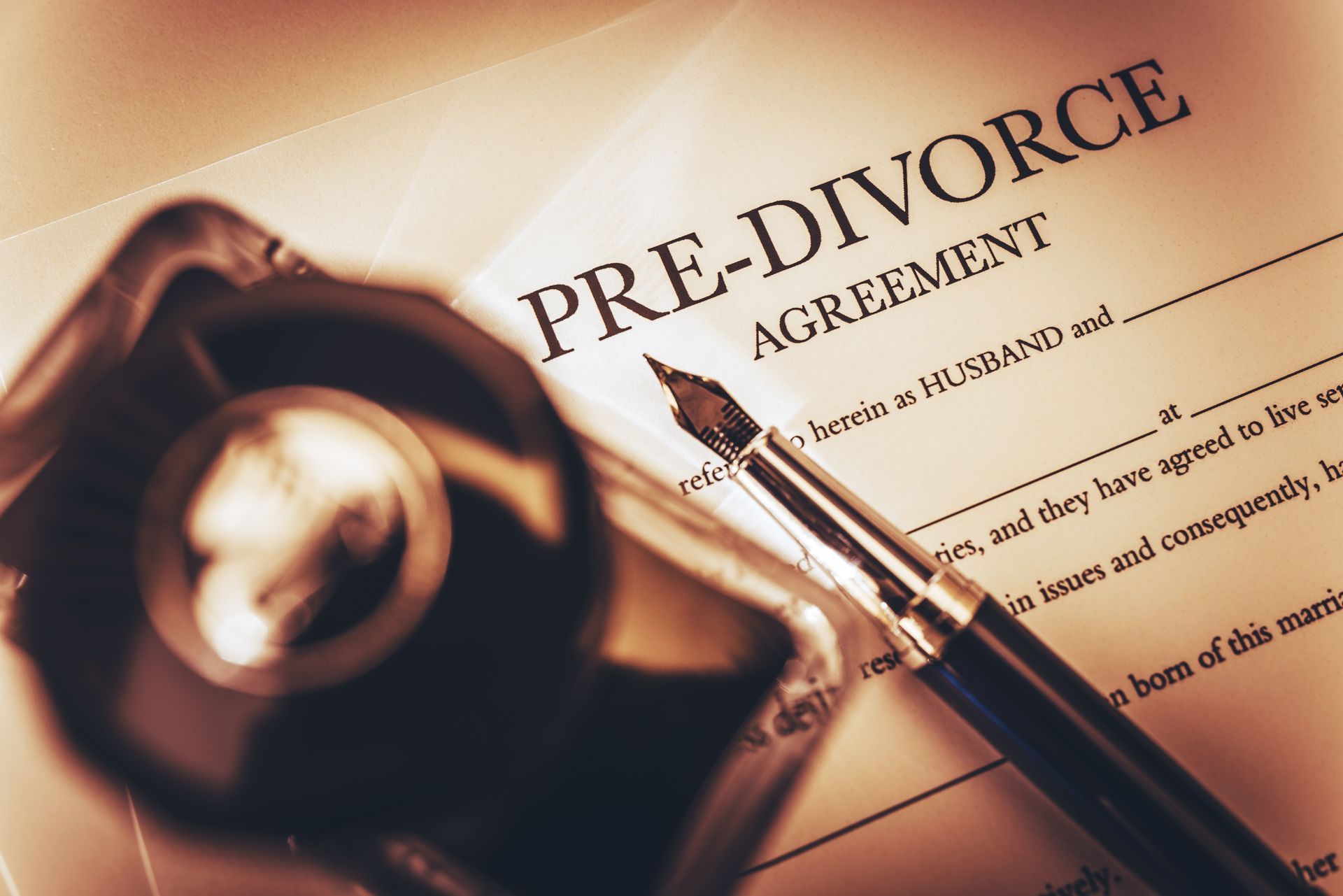Divorcing A Narcissist
What is Narcissistic Personality Disorder?
Although the term ‘narcissist’ is used regularly to describe celebrities and influencers, a person with Narcissistic Personality Disorder (NPD) is on a completely different level to those who enjoy social media and occasionally come across as a bit full of themselves. People with NPD are not only at much higher risk of experiencing a relationship breakdown (including divorce), but studies have also found narcissism to be a significant predictor of violence, including domestic abuse. Furthermore, a person in a relationship with someone with NPD can experience narcissistic abuse which can lead to Post-Traumatic Stress Disorder (PTSD) and other mental health problems such as anxiety and depression.
What is Narcissistic Personality Disorder?
- A grandiose sense of self-importance
- Preoccupation with fantasies of unlimited success, power, brilliance, beauty, or ideal love
- Belief that one is special and can only be understood by or associate with special people or institutions
- A need for excessive admiration
- A sense of entitlement (to special treatment)
- Exploitation of others
- A lack of empathy
- Envy of others or the belief that one is the object of envy
- Arrogant, haughty behaviour, or attitudes
How do those with NPD present in a relationship?
To maintain their grandiose sense of self and gather the admiration they crave, people with NPD are at first charming and often highly romantic. However, as the relationship develops, the negative traits associated with narcissism begin to unfold. In Narcissism and Romantic Relationships:The Differential Impact of Narcissistic Admiration and Rivalry, the authors reveal that:
“to defend their own superior status, people high on narcissism tend to derogate others who threaten
For a free consultation regarding getting a divorce, please call us on 0208 300 6666.














